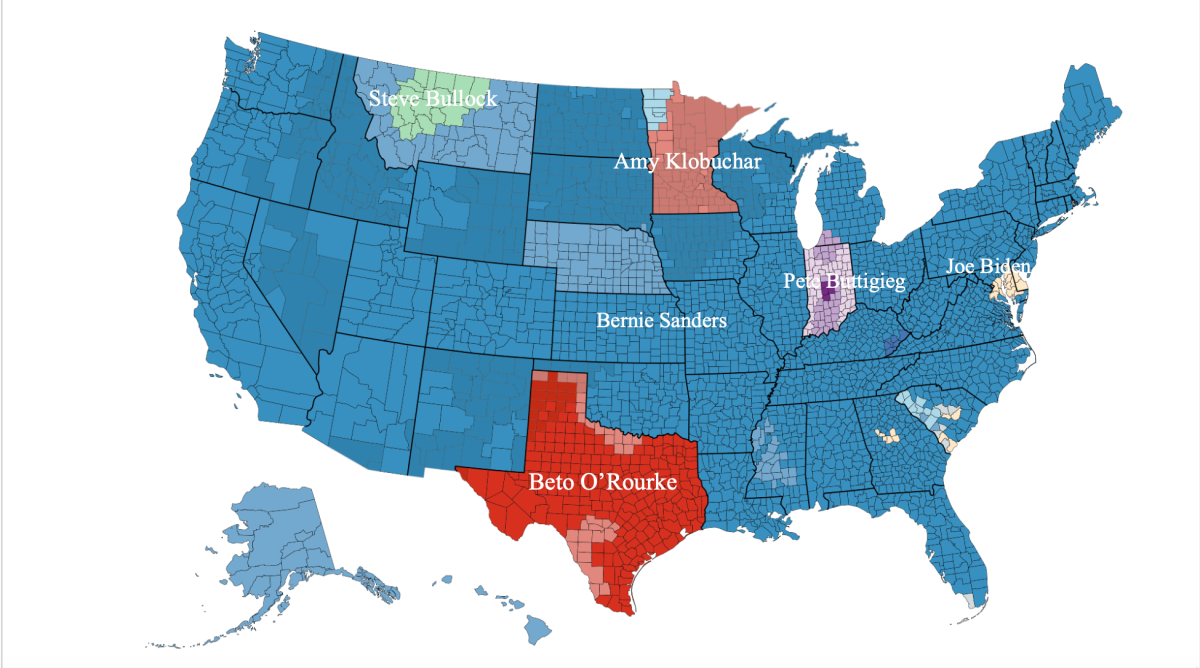With the current state of the economy worldwide, it is not uncommon to see people complain about food prices and lack of money. Households scramble to collect enough food stamps and EBT credit just to put food on the table.
Many have used these record-high prices as an excuse to shoplift, and the argument has gained traction on multiple different forms of social media and news outlets. But I think there is much more that goes into this crime beyond the initial swipe of a product.
Now, the morals behind this crime have long been debated and discussed. Many feel that shoplifting from big corporations like Target and Walmart is excusable because these chains are corporate giants who won’t feel the loss of a few products here and there. I can see where this argument is coming from, especially as a person who holds animosity toward consumerist ideals, but this petty theft adds up.
Shoplifting rates have jumped 50% year after year, and even the corporate giants are beginning to feel the effects. Target lost more than $400 million in 2022, and the rates keep accelerating, forcing these companies to raise their prices. You may be thinking, “So what? These price changes only affect the people who can already afford it.” But you would be wrong.
The most common demographic for shoplifting is teenagers, both male and female, with a close second being middle-aged white women. Why is this a problem? Well, it depends on how you look at it.
Some think it’s reasonable for teenagers to steal from stores because they are statistically less likely to have a steady income. Others think teenagers who shoplift do it only out of rebellion and not necessity. This is a problem because the people who actually shoplift rarely get caught, but prices are still raised for other consumers who are already struggling to make ends meet.
If you really feel the need to steal from Walmart, I get it, but it’s not good for anyone in the long run. Especially when you consider the profiling of customers and who are more likely to get caught shoplifting.
Jerome Williams, a professor at Rutgers University, found over 90% of the people who are stopped for shoplifting are African American, despite the fact that in many states a large number of shoplifters are middle-aged white women. So, as unnecessary shoplifting becomes more and more common, it may aid a bigger problem of racial profiling in stores as well as everyday life.
I can already hear you yelling at me for defending these “capitalist scums who benefit from exploitation,” and believe me, I get it. But petty robbery is not going to make the change you think it will. You’d be better off buying from smaller businesses and avoiding big brands altogether.
If you still feel the need to shoplift as your way to rebel against the system, I won’t try to stop you, but try to think about the consequences of your actions beyond your own life.
Only 23% of America is debt-free. We all have bills to pay and ends to meet, so let’s try not to make it harder on each other by raising the prices of eggs yet again. One out of every 11 Americans is a shoplifter and this epidemic is too often minimized.
It is not my place to blame consumers for swiping a few groceries, but I also feel shoplifting is a more serious problem than many Americans realize, as it points to America’s underlying equity issues. I don’t have a solution, just an opinion, but I hope this convinces someone to think twice before shoplifting from any business, large or small.
Hannah Bulgrin is an opinion writer. Contact her at [email protected].





Bry • Feb 21, 2024 at 11:34 am
This is a very interesting read. I think that you’re hitting on a lot of key points that speak to the importance of this issue, but one particular aspect that I think is missing is the way consumers value products as they appear in stores and the ways in which the economic means of production alienates consumers from the labor and energy costs of the goods and services they consume. The very idea that shoplifting only affects “capitalist scum” and the wealthy elite coincides with a commodification of the variety of workers who have contributed to the production and distribution of the product. American consumers are so used to the idea of being able to buy anything they want without ever having to worry about the hundreds of thousands of internationally intersecting social interactions and environmental consequences that have occurred to present the product as it appears available in a store. E-commerce platforms have a powerful impact on how consumers perceive value in relation to commodities and the economic means of producing goods. However, this impact is not always positive or consistent for all consumers or products. It’s hard for the average consumer to know how Amazon affects the labor value and costs in relation to other industries and sectors. Amazon lowers the labor value of products by making them cheaper and more accessible to consumers. But the company’s practices increase the labor costs of other industries by creating competition and pressure for lower prices and higher quality. This creates a vicious cycle of underconsumption, overproduction, and crisis in the capitalist system. We need more young people to be aware of the production processes and distribution channels that sustain our economy, and to appreciate the value and efforts of the individuals who we’ve come to depend on.